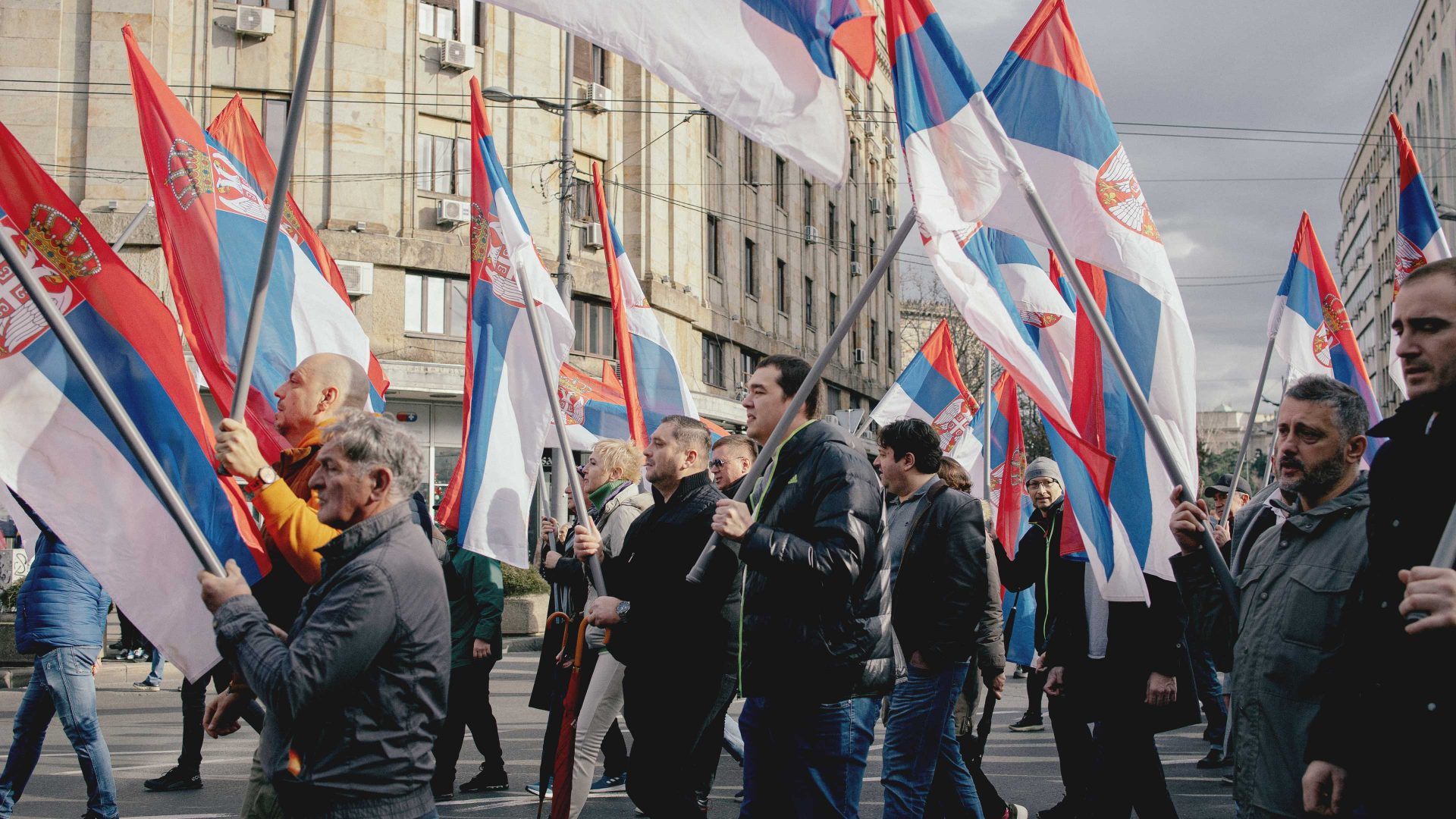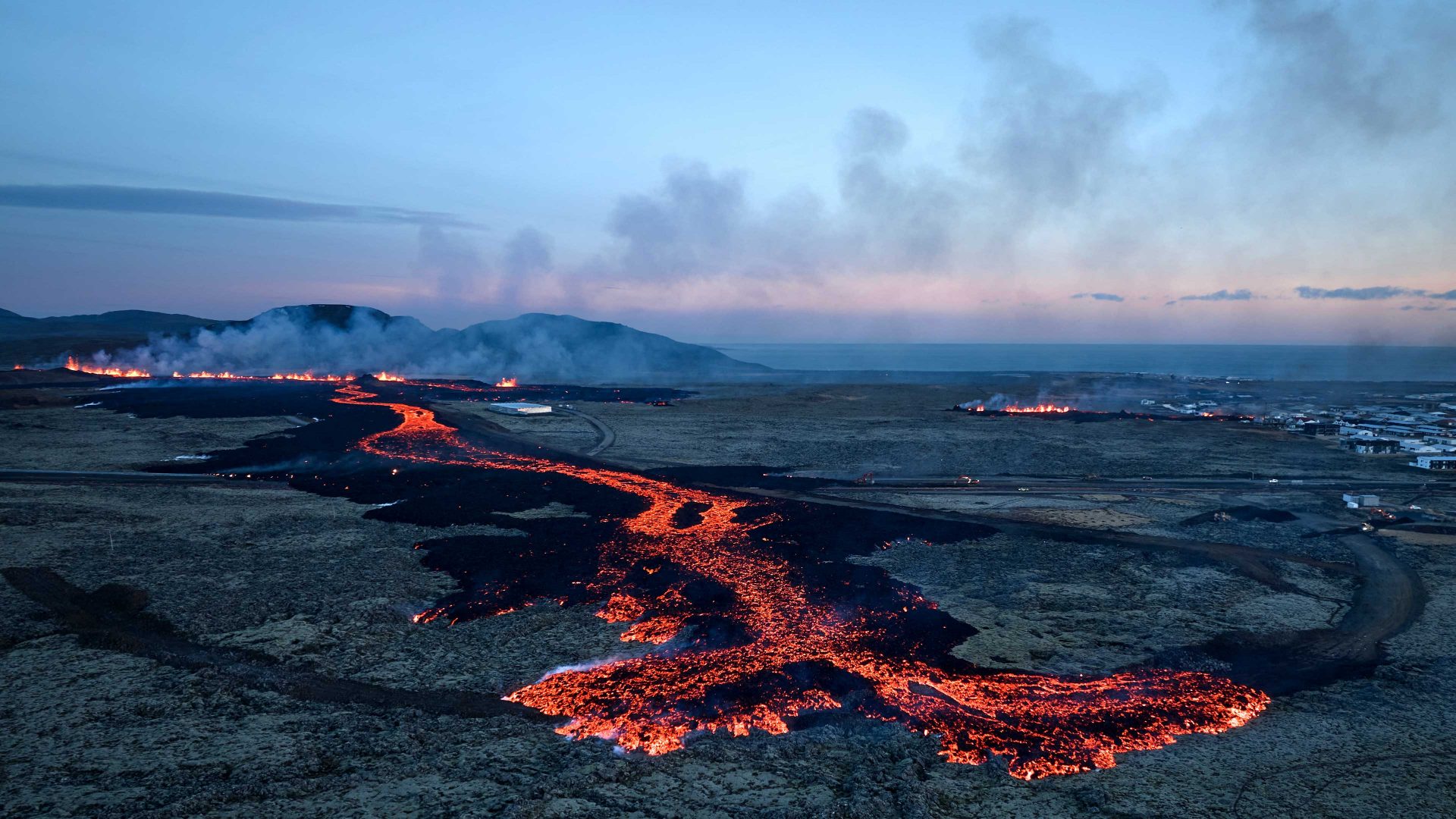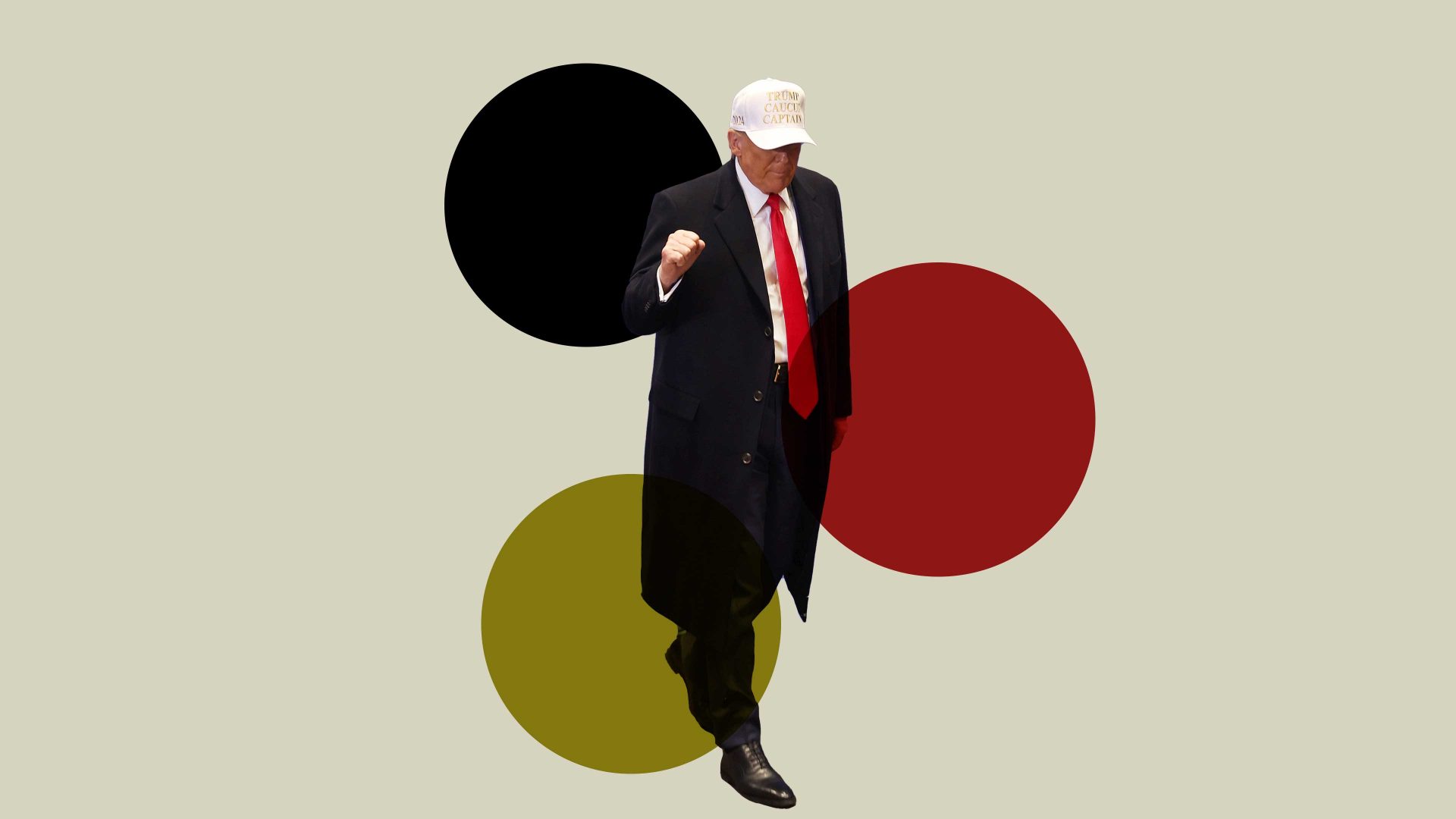Something was wrong. There was no trace of Nikola Sandulović, president of Serbia’s small opposition Republican Party, when his wife arrived at their home in Belgrade on Wednesday, January 3. The door was unlocked, everything was in its place, and Sandulović’s phone was the only sign he had been there.
Earlier that day, it later emerged, Sandulović had been bundled into a black van and taken to the headquarters of Serbia’s security intelligence agency – the BIA. Over the next five hours, he says, 15 officers beat him so heavily that he drifted in and out of consciousness, suffered cracked ribs, and was left paralysed on his right side. Sandulović was then transported to a military hospital in the capital and was taken back to his home at about 4pm the following day. Photos taken when he returned showed the politician, seemingly in great pain, being moved around in a wheelchair.
“I entered the house, full of policemen, and saw my father dying in front of my eyes,” his daughter Klara told me. “I was sure he was going to die there, this was a trauma I will remember for the rest of my life. I felt like it was the end and I was helpless.”
Sandulović’s respite with his family was short-lived. That evening police officers combed the home for evidence, armed with a warrant for his arrest. His offence, under Section 317 of Serbia’s criminal code? Sharing a video of himself laying flowers at a grave in a memorial complex for the Kosovo Liberation Army leader Adem Jashari and nearly 60 members of his family, who were killed by Serbian forces in March 1998. This was viewed as an act of national hatred and intolerance. Sandulović was taken to a police station, then to court, where he was remanded in custody for 30 days.
Supporters say Sandulović’s real “crime” was upsetting the country’s increasingly authoritarian president, Aleksandar Vučić, whose Serbian Progressive Party (SPP) won a convincing victory in the country’s December 17 parliamentary elections, an outcome marred by accusations of irregularities and widespread voter fraud. Tens of thousands of protesters poured into Belgrade’s streets demanding the result be annulled. “Serbia, under the undemocratic rule of Aleksandar Vučić, slowly but surely drowns in violence and corruption,” said Srđan Cvijić, an election monitor and member of the think tank Belgrade Centre for Security Policy, to demonstrators during one march.
Sandulović is a fierce critic of Vučić and has directly accused the president of being behind intimidation attempts, including on December 29 when he claimed on X (formerly Twitter) that a gunman had thrown an explosive at his house. Four days later, a video was posted on X in which Sandulović asked for “forgiveness for all the crimes committed” during the Kosovo war by Serbian forces under the leadership of Slobodan Milošević. In 2018 Vučić called Milošević, a convicted war criminal, “a great Serbian leader”.
Sandulović is not alone in accusing Vučić of dismantling democracy in Serbia. The US-based nonprofit Freedom House said in 2023 that the SPP had “steadily eroded political rights and civil liberties”, and during a grilling by the Foreign Affairs Committee this week, UK foreign secretary David Cameron branded Serbia a Russian proxy, accusing it of actively destabilising the Balkans.
Klara said she was confident that Vučić had approved the alleged kidnapping of her father because of what he knows about ties between the SPP and criminal networks. State corruption and its entanglement with criminal gangs has increased since Vučić assumed the presidency in 2017. In its 2023 report, the Global Organized Crime Index stated that some high-ranking politicians are “reportedly allied with football hooligans”, who turn a blind eye to their criminal dealings in exchange for protection.
Klara says she now views Serbia as a “dictatorship” where government critics like her father are “eliminated, no matter what”. She says the police refused to disclose any details about her father’s health for six days. She was only allowed to see him, briefly, on January 10. Klara claimed Sandulović still bore the bruises from his alleged torture, had lost a significant amount of weight, and needed a tube inserted into his neck as at one point he stopped breathing.
The European Commission says it is closely following the alleged detention and “ill-treatment” of Sandulović, adding that it expects the “rights of all citizens to be upheld”.
“I am sure [that] if they keep him in there for longer his health will get worse every day and they will cause irreversible damage,” Klara said. “That, unfortunately, is not my only fear. I am sure if they decide to keep him there for 30 days, he will not leave prison alive.”



